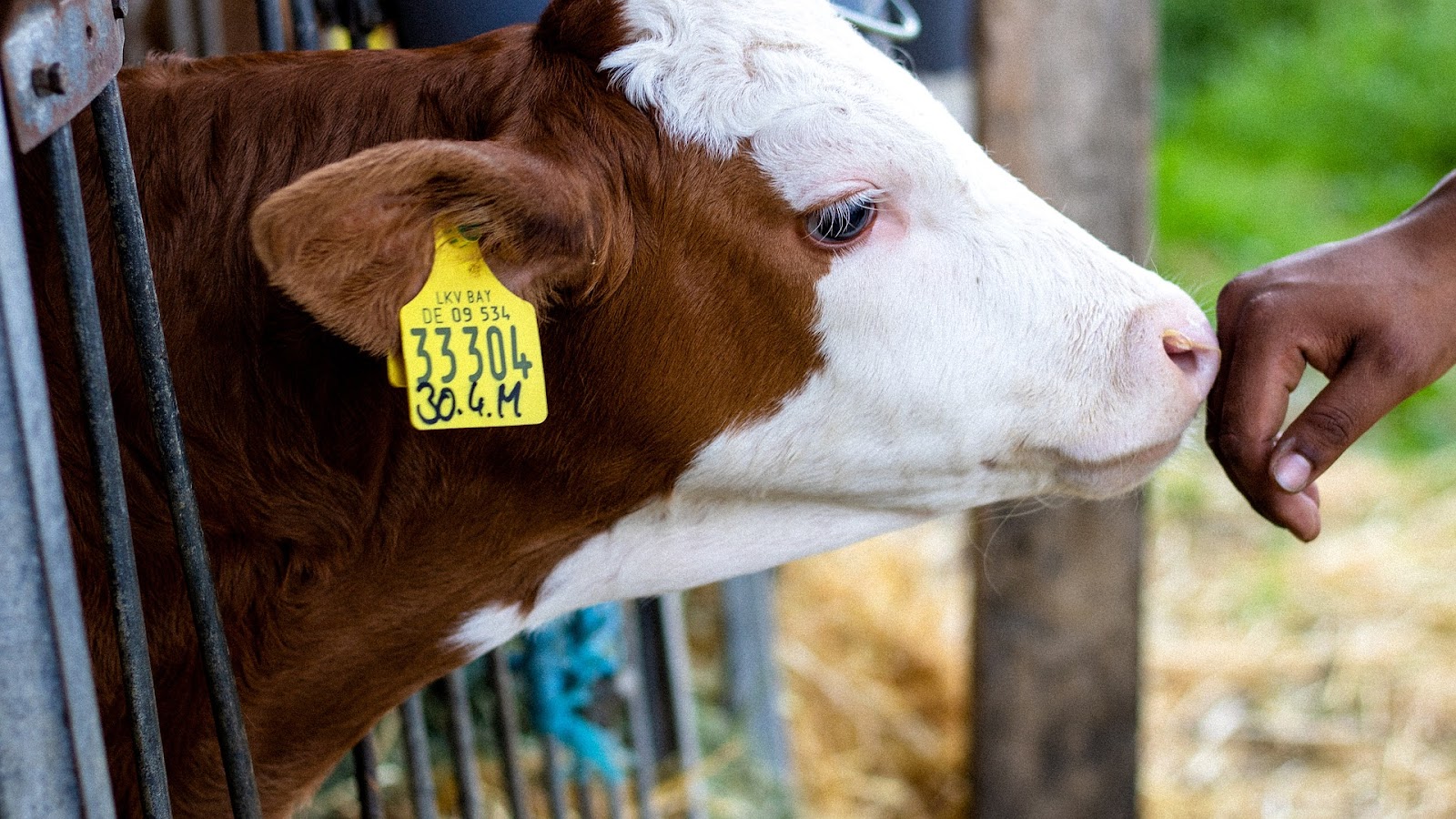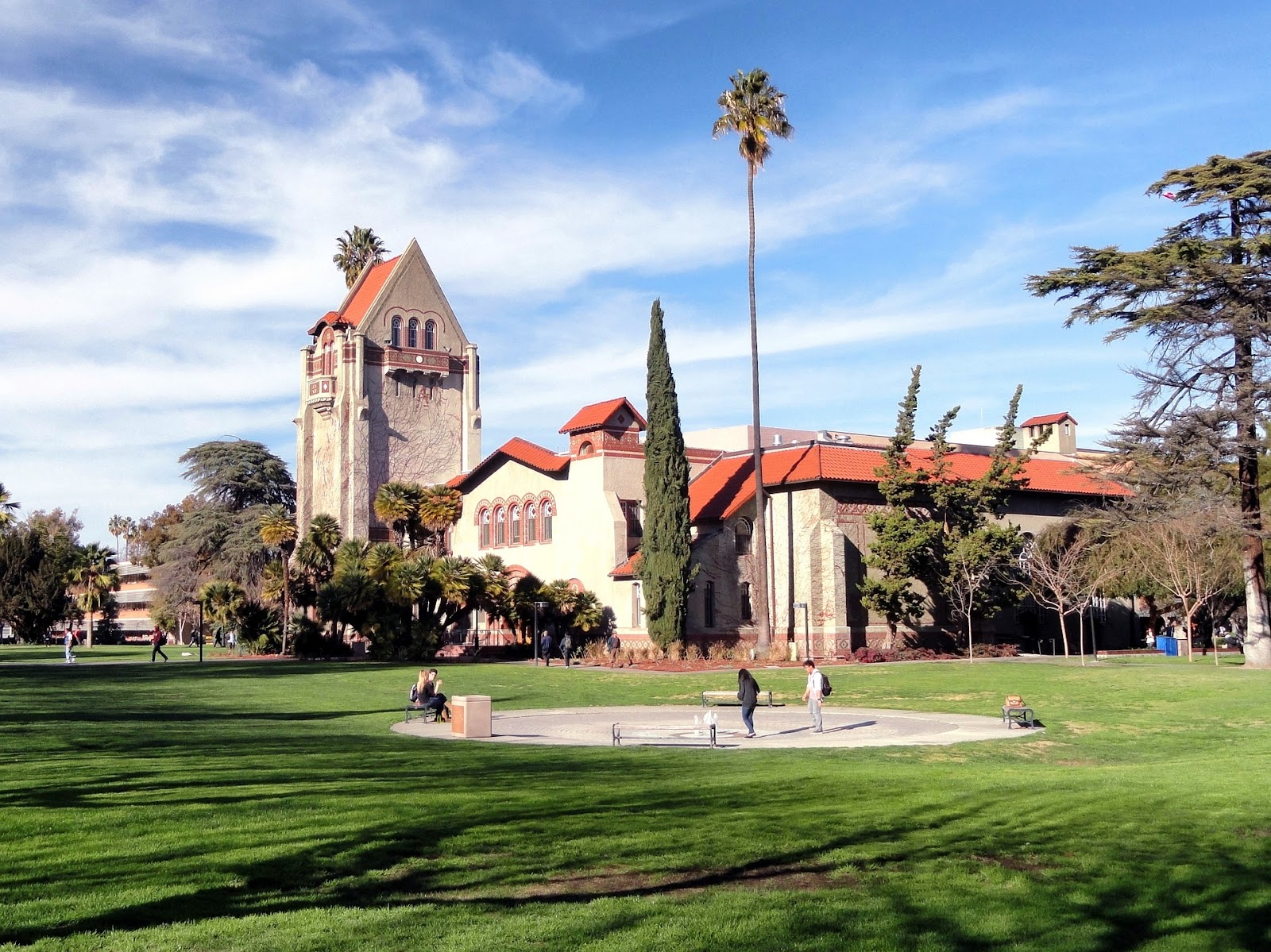California’s SB 1383: New Rules on Food Waste Disposal
Californians might soon find themselves in hot water, or rather, facing fines, for tossing out food scraps. As of 2024, a new law, SB 1383, could make it illegal to dispose of kitchen food waste in the regular trash can, making the act a potential violation punishable by fines. This legislative move aims to promote recycling and reduce methane greenhouse gas emissions from organic waste in landfills.
Some might wonder how this law will be enforced, especially considering the potential difficulties in policing residents’ garbage disposal habits.
Sacramento’s Approach: Education Over Enforcement
Interestingly, the city of Sacramento has taken a unique approach, opting for education over enforcement. Instead of becoming the “garbage police,” the city aims to inform and educate residents about the importance of recycling food waste. Sacramento resident Lisa Banuelos expressed a commitment to increased diligence, acknowledging the importance of being more conscientious and keeping food scraps in the rightful bin instead of placing them in the trash or the garbage disposal.
To facilitate compliance, the city launched an organics waste recycling program in July 2022, aligning with the state bill. The initiative involves distributing free organic waste bins to residents, encouraging them to separate food scraps, leaves, and yard trimmings. Jesa David from the city of Sacramento Recycling and Solid Waste Division emphasizes the simplicity of the process, noting that individuals can dispose of items like apple cores and leftover chips by placing them in the organic waste and then throwing the bag away, emphasizing that it’s not a complicated task.
The overarching goal of SB 1383 is to push city and county governments to actively recycle organic waste. CalRecycle, the state agency overseeing compliance with the law, has reported substantial progress, with 75% of all cities incorporating recycling programs for residents. Rachel Machi Wagoner, director of CalRecycle, envisions 2024 as a growth opportunity, marking the beginning of enforcement with a broader focus on cultural change and compliance.
The state aims to achieve a 75% recycling rate for organic waste, equating to a significant reduction in greenhouse gas emissions, akin to removing 3 million cars from the road. To track progress, Sacramento has implemented cameras on waste collection trucks, revealing a 14% increase in organic recycling and a 10% reduction in landfill-bound waste over four months.
Despite the looming enforcement provision in 2024, several cities, including Folsom and Rancho Cordova, are currently prioritizing education and coaching, with no immediate plans to fine residents for non-compliance. Sacramento County emphasizes a multi-faceted approach involving education, notices of violation, and opportunities to correct behavior, aligning with the broader goal of improving the environment.
Placer County stands out as a notable exception, encouraging residents to put food waste in their regular trash bins due to its unique recycling system known as ‘One Big Bin.’ Their system involves sorting through the entire waste stream for recyclables and compostable material, presenting a distinctive approach to organic waste management.
While California’s compost law introduces the prospect of fines for improper disposal of food scraps, municipalities are navigating this new terrain with the intent of positive change. The focus remains on educating residents and fostering a cultural shift toward sustainable waste management practices.


































































































































































































































